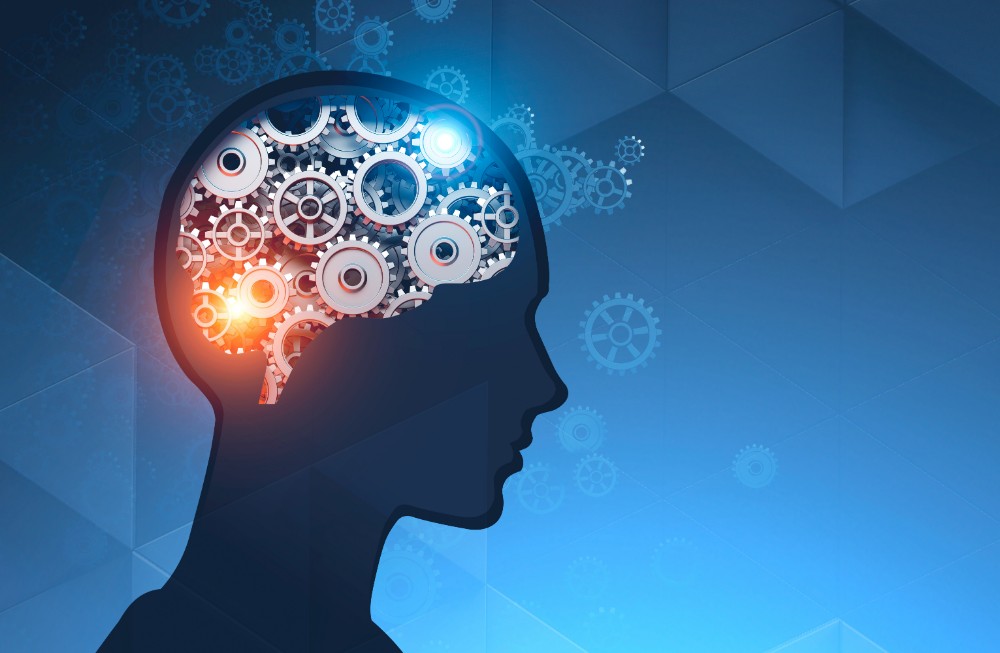Whether you are typically neat and tidy, or you tend to be a bit of a slob, the mess you surround yourself with can tell you a lot about your mental state. While we all fall in different places on the messiness spectrum, most of us are somewhere near the middle. Most people don’t particularly enjoy cleaning, but also would rather not live in dirty and disorganized conditions. When individuals fall dramatically on either side of this spectrum, however, it can indicate mental distress. A sudden change in tidiness can also point to underlying emotional issues, especially anxiety and depression. People who become obsessed with cleanliness and ritual organization may have obsessive compulsive disorder. OCD is a mental illness that, if left untreated, can significantly limit a person’s ability to function and cause severe anxiety. The other extreme is found in people who hoard every item they’ve ever owned and develop unhealthy emotional attachments to their mess. For people that fall somewhere between these two extremes, however, a sudden inability to keep a tidy home might indicate the onset of depression. People with depression often experience symptoms such as fatigue, lack of motivation, and hopelessness. These symptoms are simply not conducive with chores and organizational routines. A home that has fallen into disarray is a common consequence of addiction as well. Many people who struggle with alcohol and drug abuse have a hard time finding the energy or desire to clean and organize their living space. Addiction has a way of taking all aspects of self-care away from the user, and one of the first signs of letting yourself go is an unusually messy home. Of course, messiness alone doesn’t necessarily indicate a problem, but it can reflect how you feel. If your mess simply doesn’t bother you and never has, it might not be an issue. But if you find yourself living in an unusual amount of clutter and chaos, with no motivation to do anything about it, you might need to check in with your mental health.
Depression can cause the happiest and most high-functioning people to fall apart, and those struggling with addiction are at an increased risk of this debilitating mental illness. If you or someone you love is struggling with addiction and mental health issues, now is the time to reach out for help. At Arbor Behavioral Healthcare, you will meet knowledgeable, compassionate professionals that understand addiction in all its forms. The Arbor uses an integrative and holistic approach to treat addiction and mental health issues. No treatment is one-size-fits-all, and at The Arbor you will have a team of experts prepared to create your customized treatment plan. We offer care for your mind, body, and spirit, so that you can heal from the inside out and look forward to a lifetime of sobriety and wellness. If you are ready to take the first step in your recovery, please call us at 844-413-2690.


